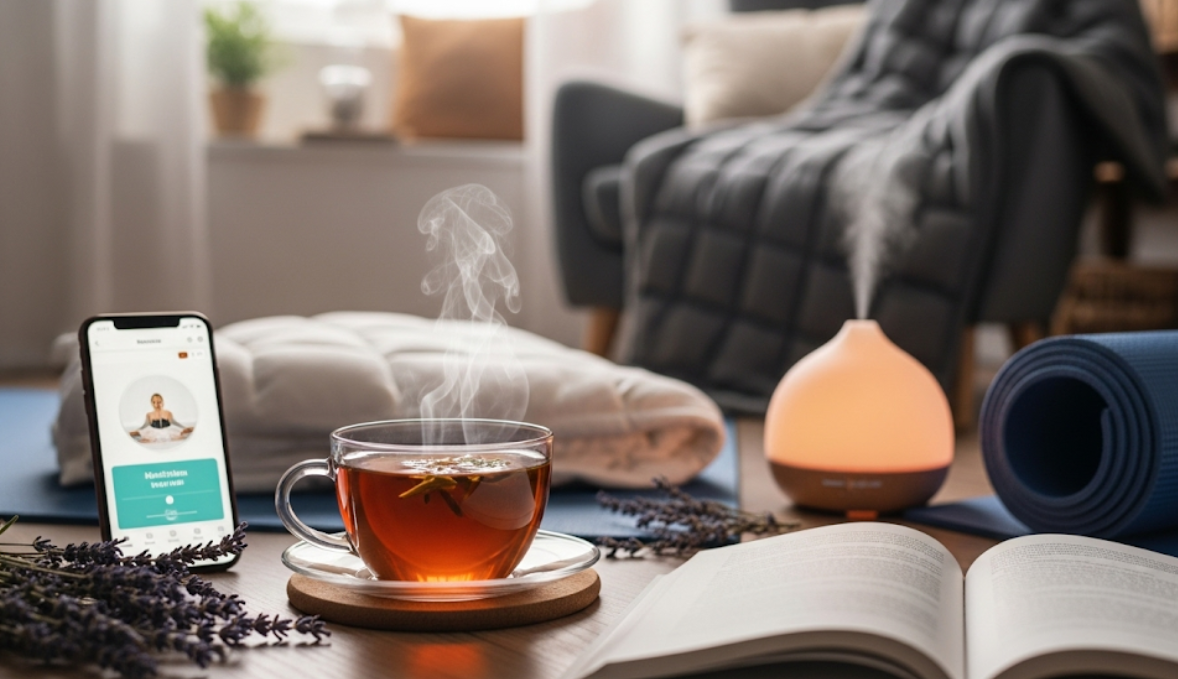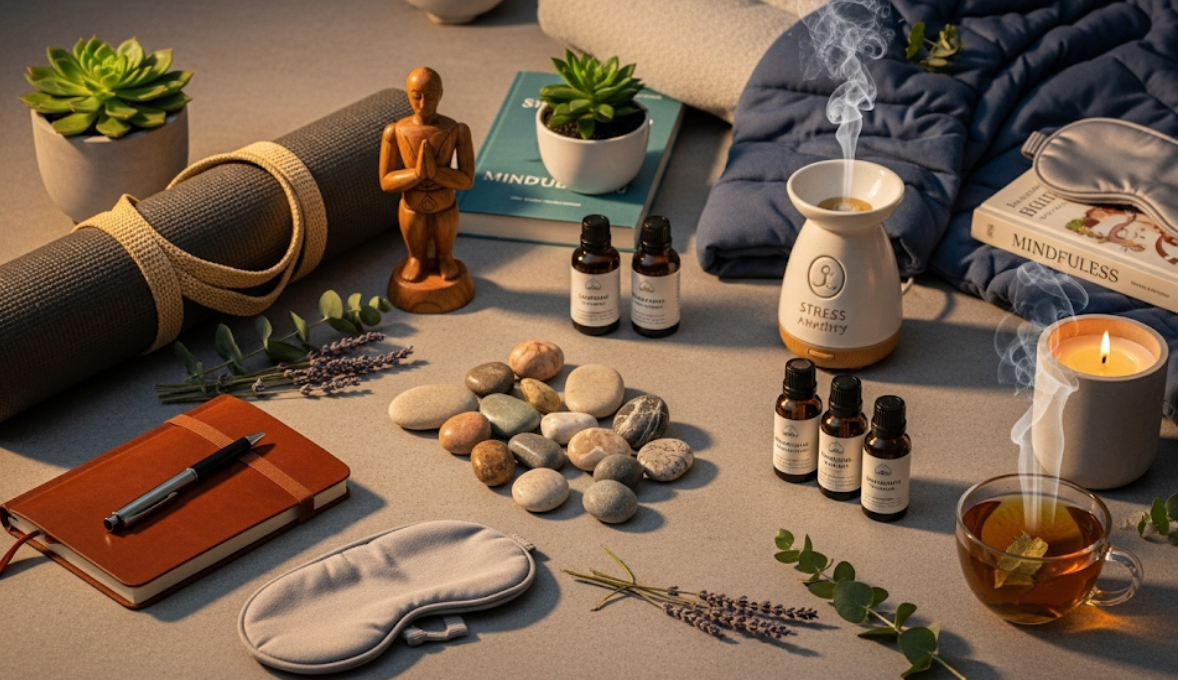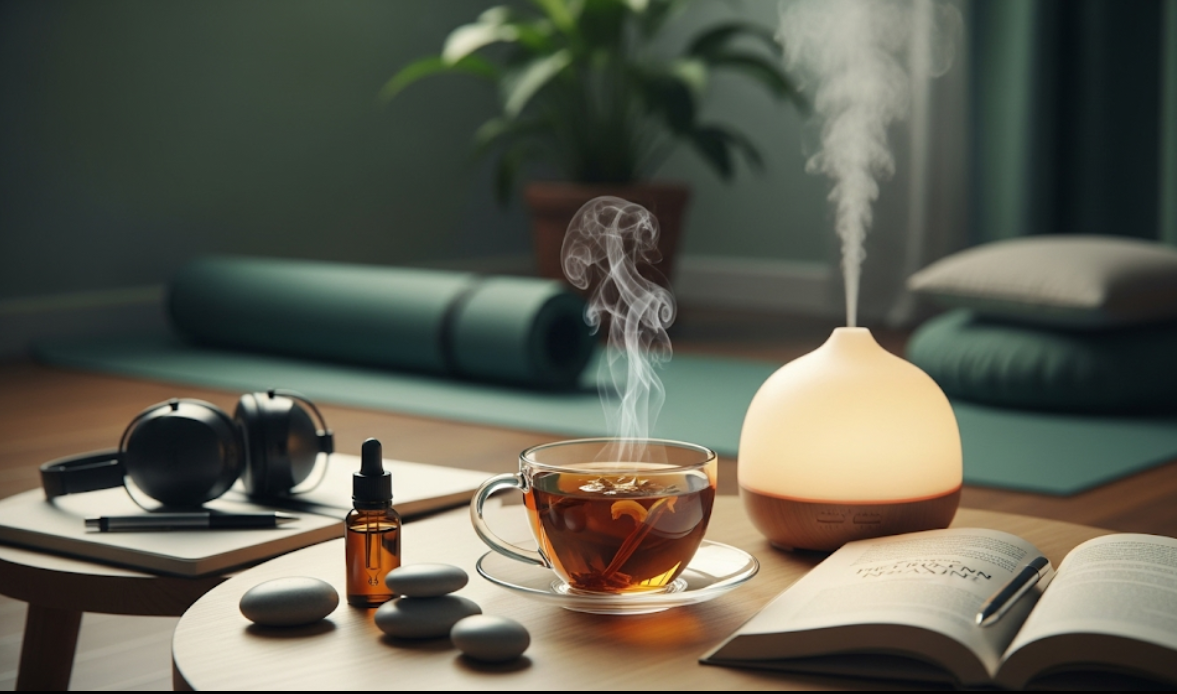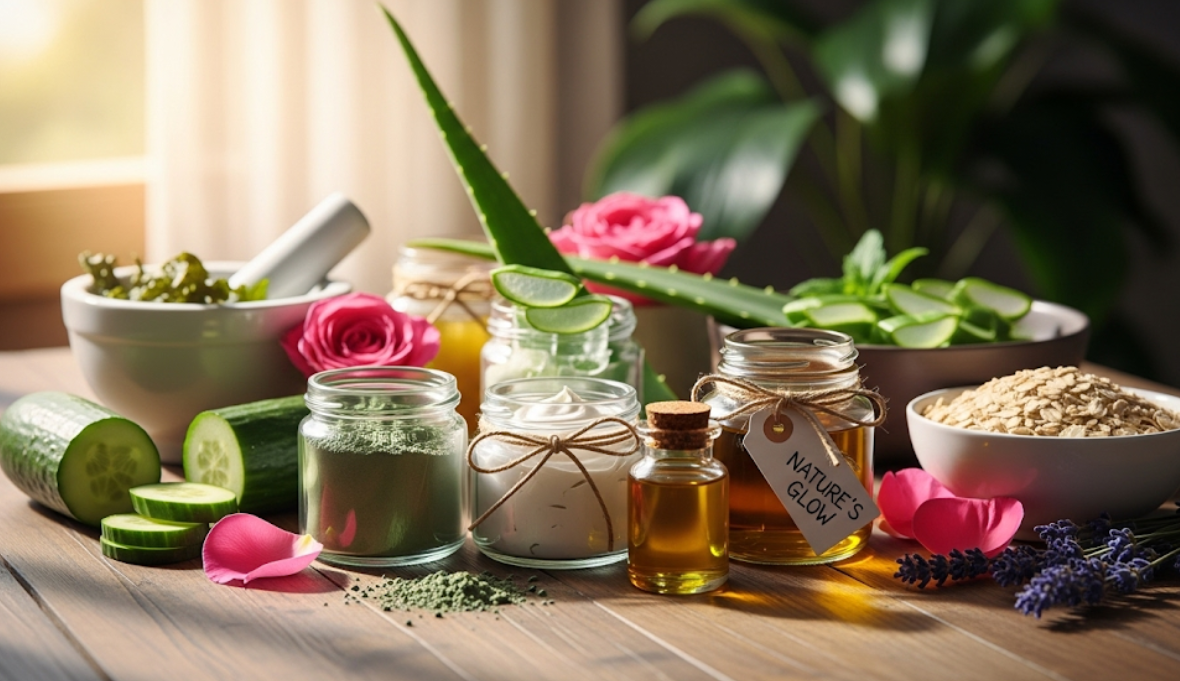Stress and anxiety are not strangers in today’s world. We all feel it. Sometimes it’s a tough work deadline, other times it’s family pressure, or even just the never-ending notifications on our phones. The truth is, life isn’t going to get stress-free overnight. But here’s the good news—there are natural remedies that can help calm the mind, relax the body, and bring balance back.
Below, I’ll walk you through 7 practical remedies for stress and anxiety relief. These are simple, easy to follow, and most importantly—they really work.
1. Deep Breathing Exercises 🧘♂️
Breathing is the most natural thing we do, yet we rarely use it to calm ourselves. Deep breathing lowers the heart rate, signals safety to the brain, and reduces tension almost instantly.
Try this method called 4-7-8 breathing:
Inhale through your nose for 4 seconds
Hold the breath for 7 seconds
Exhale slowly through your mouth for 8 seconds
Repeat this cycle 3–5 times and you’ll notice your body becoming lighter and calmer.
| Technique | Time | Effect |
|---|---|---|
| Box Breathing | 4-4-4-4 | Balance & focus |
| 4-7-8 Breathing | 4-7-8 | Instant calm |
| Belly Breathing | Slow | Stress release |
2. Herbal Teas & Natural Drinks 🍵
Nature has given us many calming herbs. Teas made from chamomile, lavender, peppermint, or lemon balm are known to reduce anxiety and improve sleep.
A warm cup of tea doesn’t just soothe your body, but the act of sitting quietly with it creates a mini ritual of relaxation.
Some popular options:
Chamomile Tea – Reduces mild anxiety, helps sleep.
Lavender Tea – Calms the nervous system.
Green Tea (L-theanine) – Increases alert calmness.
💡 Tip: Avoid too much coffee if you’re already anxious—it can make things worse.
3. Mindful Movement 🚶♀️
Exercise is not just for physical health; it’s one of the best medicines for stress. But here’s the thing: you don’t need heavy gym workouts. Even light, mindful movement works wonders.
A 20-minute walk in nature reduces cortisol (the stress hormone).
Gentle yoga poses stretch tension out of muscles.
Tai chi or slow dancing creates a flow that quiets the mind.
Think of it as moving meditation. You don’t have to push hard, just move in a way that feels natural and enjoyable.
4. Journaling & Expressive Writing ✍️
When worries are locked in the head, they grow bigger. Writing them down is like taking a heavy bag off your shoulders. Journaling helps organize thoughts and makes problems look less scary.
You don’t need to write a book. Just grab a notebook and:
Write 3 things you’re grateful for every night.
Note your biggest worry of the day, then write one possible solution.
Try “free writing” where you write without stopping for 5 minutes.
It’s surprising how much lighter you’ll feel after putting thoughts on paper.

5. Aromatherapy 🌸
Scents can directly influence emotions. Certain essential oils have calming effects when inhaled or used in massage.
Popular oils for stress:
| Essential Oil | Benefit |
|---|---|
| Lavender | Eases anxiety, aids sleep |
| Rose | Improves mood |
| Bergamot | Reduces nervous tension |
| Ylang-Ylang | Lowers blood pressure & promotes calm |
💡 Tip: Put a few drops in a diffuser or simply on a tissue and inhale deeply.
You may also like: 7 Natural Remedies for Clearer Skin
6. Digital Detox & Quiet Time 📵
We don’t realize it, but constant notifications, social media, and endless news keep the brain on high alert. Taking breaks from screens is one of the best remedies for modern stress.
Set “no phone zones” (like bedroom or dining table).
Try a 30-minute digital detox before sleep.
Replace screen time with music, reading, or a short meditation.
Even short breaks away from screens refresh the brain and reduce anxiety.
7. Healthy Sleep Routine 😴
Poor sleep and anxiety feed each other. If you don’t sleep well, stress rises. If you’re stressed, sleep suffers. Breaking this cycle is key.
Simple tips for better sleep:
Keep a regular sleep schedule (even on weekends).
Avoid caffeine or heavy meals before bed.
Use a relaxing bedtime ritual like soft music, reading, or herbal tea.
Sleep is not a luxury—it’s the foundation of mental health.
Bonus Small Habits That Help
Sometimes, tiny changes bring big relief:
Drink enough water 💧
Spend time with pets or loved ones 🐕
Practice gratitude daily 🙏
Laugh often (yes, watch that comedy!) 😂
FAQs on Stress & Anxiety Relief
Q1: Can these remedies replace professional treatment?
No. If stress or anxiety is severe and affects daily life, it’s important to seek help from a therapist or doctor. These remedies are natural aids, not replacements for medical care.
Q2: How long before I notice results?
Some remedies like deep breathing and aromatherapy work instantly. Others like journaling, exercise, or herbal teas may take a few days to show steady results.
Q3: Which remedy is best if I only have 5 minutes?
Try the 4-7-8 breathing technique or simply inhale lavender oil. Both give quick relief.
Q4: Is exercise always necessary for stress relief?
Not always. Movement helps, but even if you just walk slowly outside for 10 minutes, it can improve mood and reduce tension.
Q5: Can food affect stress levels?
Yes. High sugar, processed foods, and caffeine can increase anxiety. On the other hand, nuts, dark chocolate (in moderation), and fresh fruits help balance mood.
✅ Final Thought
Stress and anxiety are part of being human, but they don’t have to control life. By practicing simple remedies like deep breathing, mindful movement, herbal teas, and better sleep, you can slowly build a calmer, more balanced mind. Remember—small daily steps matter more than big one-time efforts.






